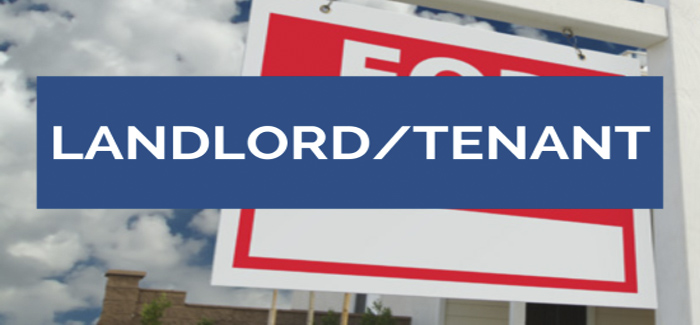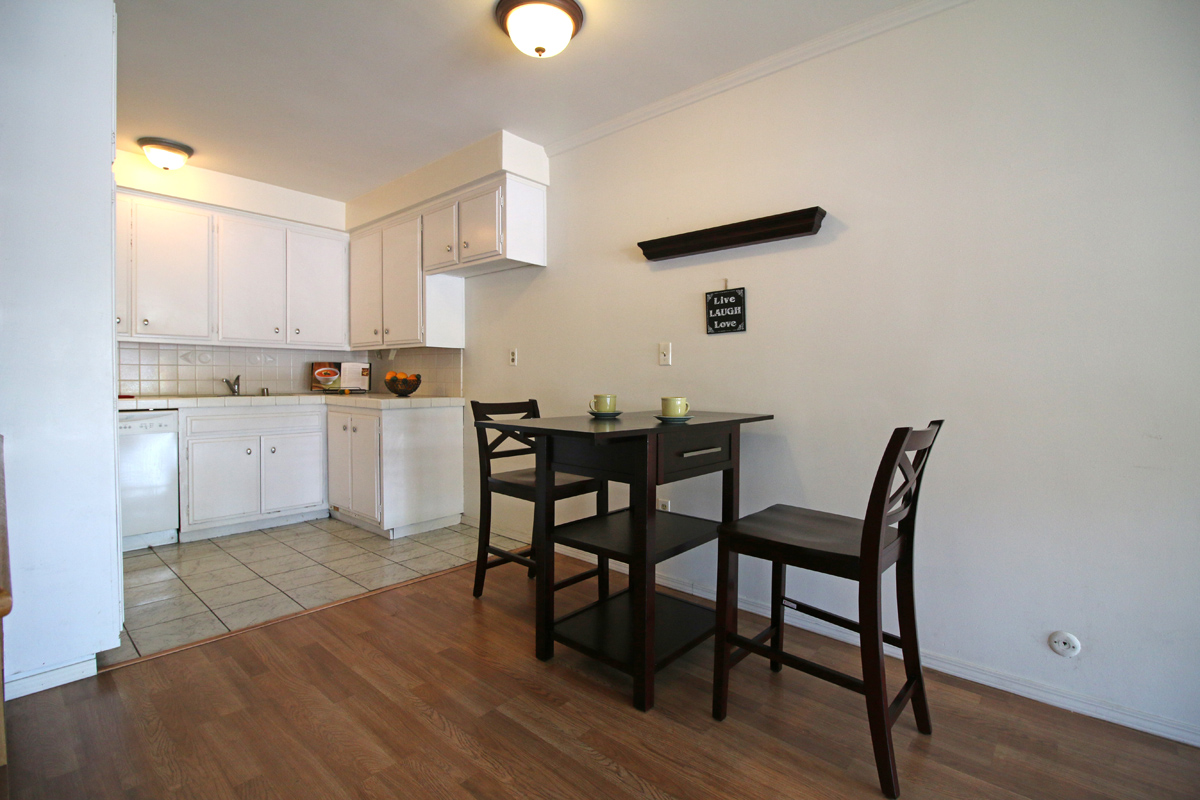Landlords may be held responsible for tenants and other people injuries that occur on rental property.
– Property Hazards-
This is a fairly obvious and common sense issue. You as the landlord are responsible to rent the property in a safe and maintained condition. If there are any known hazards, or if your tenant ever reports an issue, fix or remove hazard as soon as possible. If you do not take action in a timely manner this could certainly become a liability issue.
– Criminal Activity in your property-
If criminal activities are being conducted on your property there are circumstances where you as the landlord may be held liable. This is especially true if you are aware of the situation but have not taken the appropriate actions. Try to avoid those tenants by screening criminal background and not allowing criminals to reside on your property.
– Pets-
In general, courts hold landlords liable for a dog attack only if you allow pets to live at your property that have injured persons in the past or when you care (harbor or keep) a tenants dog. If you are going to allow pets on the property it is always a good idea to check with the owner to make sure that their pets have no history of malicious acts and that they are friendly. Some breeds of dogs may not be covered under your homeowners insurance. Contact your insurance agent before agreeing to let a tenant have a dog.
– Equal Housing Treatment-
The Fair Housing Act of 1968 requires that you as a landlord do not discriminate against prospective tenants based on race, color, national origin, religion, sex, familial status, and disability. It is very important that as a landlord you follow the same tenant selection criteria exactly every time. If the criteria is not followed there is potential that a tenant may make claims that you are discriminating even though you are rejecting them for a completely legitimate non-discriminatory reason.
-Bad Behaving Tenants-
A landlord also assumes some responsibility and potential liability, for the conduct of his tenants. If he knows of any unlawful, obnoxious or other behavior that amounts to an ongoing nuisance, the landlord is required to take steps to protect other tenants, and other people, who are affected by his tenant’s unreasonable conduct. This includes evicting the offender, if necessary.
California Department of Consumer affairs Link:



